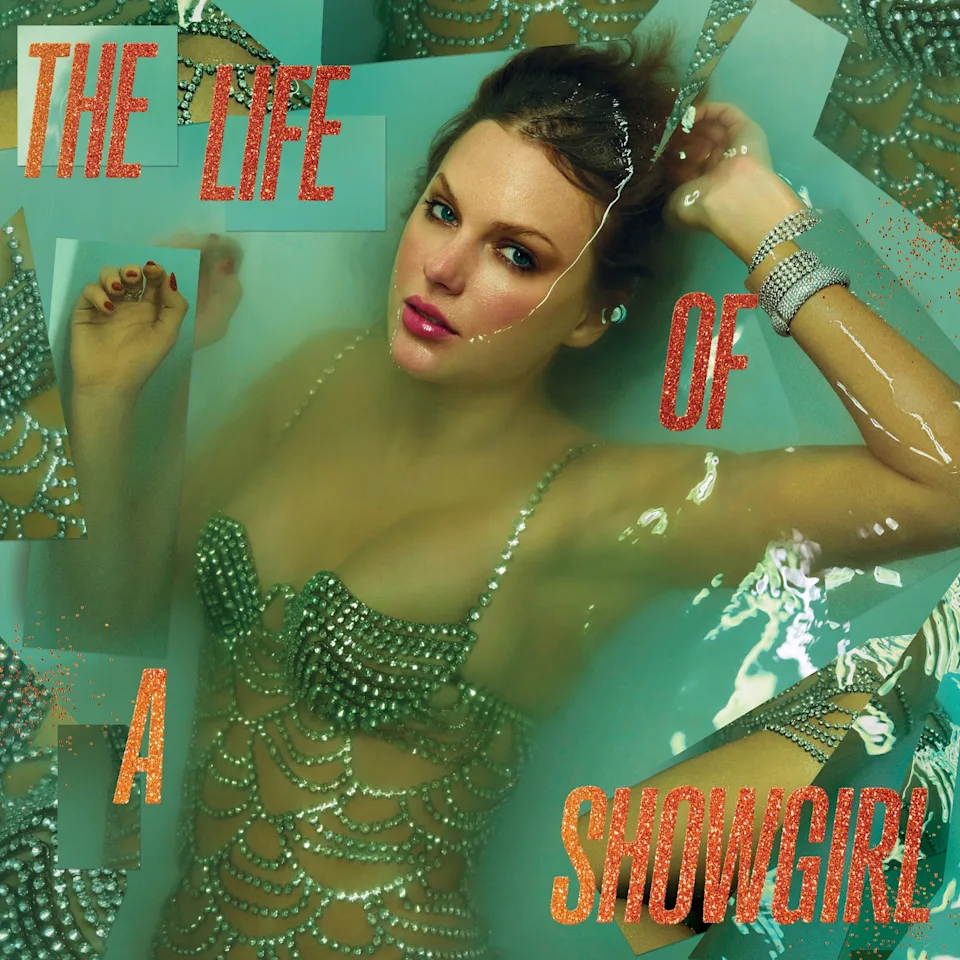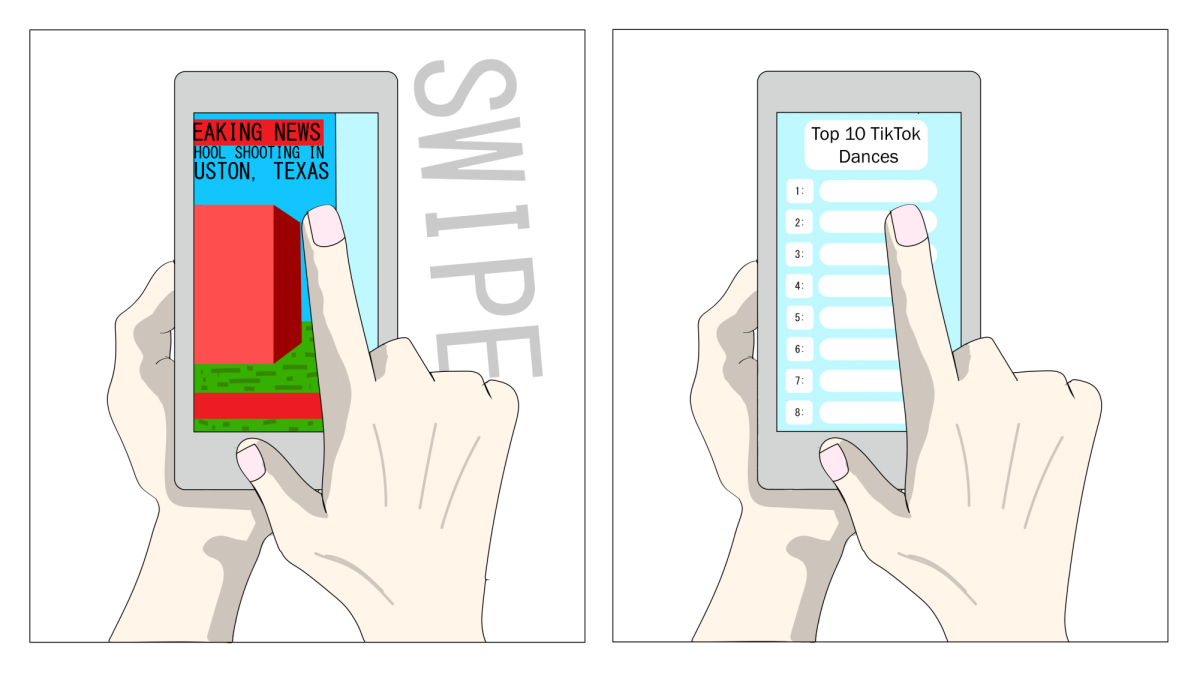“Short n’ Sweet.”
“The Rise and Fall of a Midwest Princess.”
“Brat.”
“Hit Me Hard and Soft.”
“The Tortured Poets Department.”
2024 was a year in pop history to remember. So it was no surprise that this year, 23 out of the 32 total nominees for the big four Grammys categories (Album of the Year, Record of the Year, Song of the Year, and Best New Artist) were women, and for the first time in history only women were nominated for Best Pop Vocal Album.
This year’s nominations illustrate a larger trend in the industry. The historically male-dominated industry seems to finally be inching towards inclusivity. In 2022, only 30% of the artists on the Billboard Hot 100 were women (which is an increase from 2021’s 23.3%), and a survey conducted in 2021 unveiled that only 15% of songwriters were women. This increased in 2024, where the number tipped to 18.9%.
Not only have the women been writing and performing top-charting songs more than ever, but the song topics have matured and expanded as well.
For example, last year’s nominations for Record of the Year included songs like “Kill Bill” by SZA and “vampire” by Olivia Rodrigo. Despite the validity of these women’s experiences and art, their themes (heartbreak and heterosexual romance) largely differ from the majority of this year’s nominations which explore more diverse themes.
Songs such as Chappell Roan’s “Good Luck, Babe!”, which discusses a romantic relationship between two women, and “360” by Charli XCX, a bold anthem celebrating her own success and cultural impact, have broken barriers to encourage women to be authentic and honest.
Even winners such as “Espresso” by Sabrina Carpenter (and her nominated album “Short n’ Sweet”) put a refreshing female-centric spin on romance and female sexuality. Carpenter’s album exudes confidence as she makes an example of owning her experiences without shame. The primary difference between past years’ nominations and this year’s is not only the increasing ratio of women to men, but also the content of female singers’ work.
All in all, the recent shift is extremely important to consumers, because pop music’s main demographic is finally receiving the representation they deserve. Young women everywhere are able to turn on the radio to hear their own stories and experiences reflected back to them with confident and unapologetic delivery.









